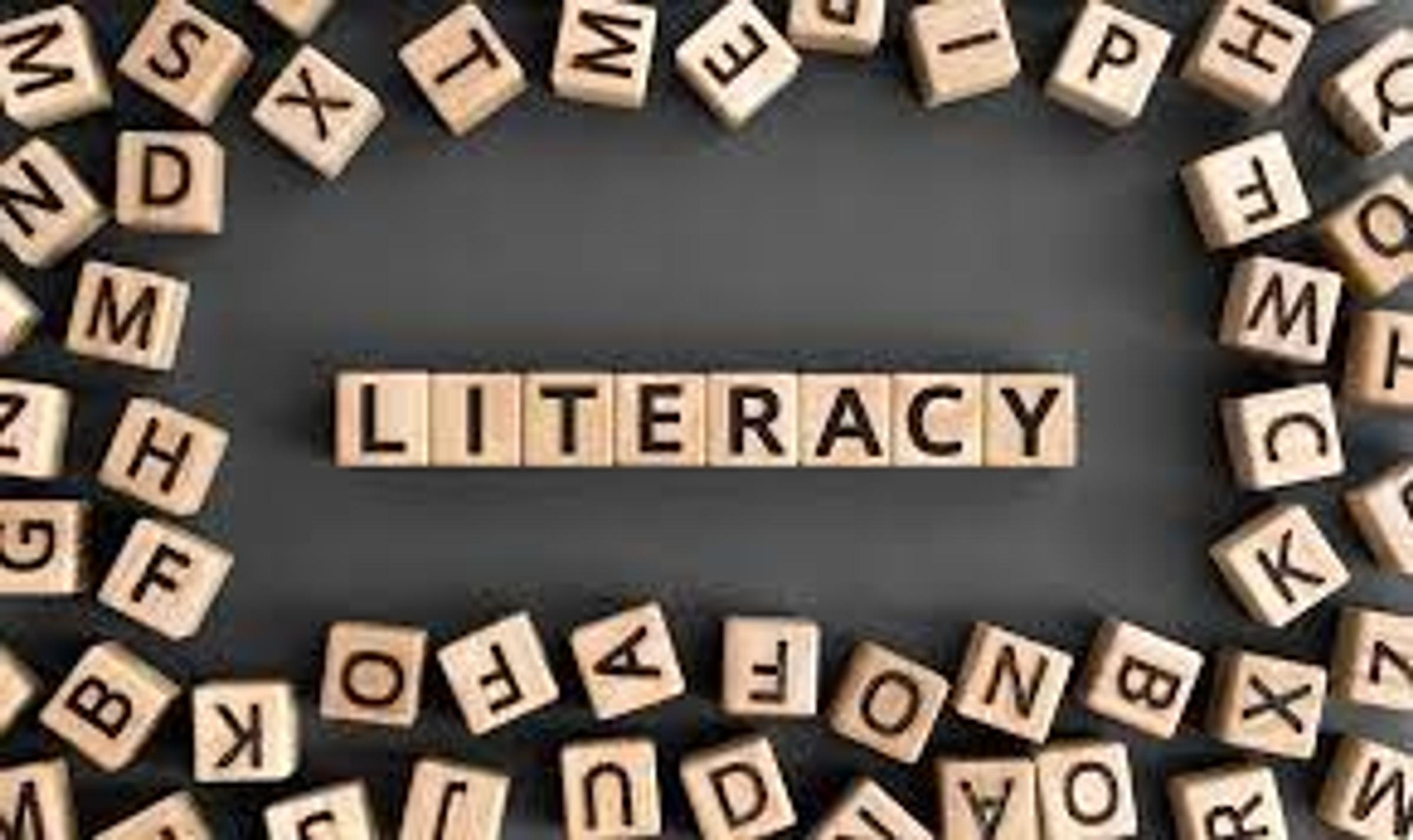Literacy
In this issue we focus on ways you can support Spelling at home.

Literacy
In this issue we focus on ways you can support Spelling at home.
Learning to spell well is extremely useful if we want our children to become confident writers. If they are constantly stopping to think about how words are spelled while they write, it can interrupt the flow of their thoughts, taking them away from what we want them to be thinking about: their choice of words and how they craft those words into sentences that communicate exactly what they want to say. If they’re confident spellers, they’re also more likely to make adventurous vocabulary choices, selecting the exact word to communicate their message, rather than playing it safe and using a word they already know how to spell.
There’s a lot more to being a strong writer than spelling, but any activities that help our children develop in this area will assist them as they move through their education. Here are some tips for helping children with their spelling at home:
Making a first attempt is good for confidence, and it can reinforce spelling patterns and help identify problem areas. A highlighter can be a very motivating tool for making parts of words that need to be remembered stand out.
Encouraging children to break the word they want to spell into its individual sounds and then match those sounds to the letters of the alphabet is important. This method has been systematically and carefully taught to our students in Foundation, Year 1 and Year 2 through our SMART Spelling approach, and for older students it’s about making sure they keep this skill fresh.
The physical act of writing words by hand helps to anchor spelling in children’s memories and encourages them to think about the letters that represent the sounds in the word. A whiteboard can be a great, non-threatening, easily erased practice tool for writing spelling words as well.
Finally, remember that learning to spell is a gradual process. Children learn best when they enjoy what they are doing, so keep spelling activities fun and lively by including traditional word games such as Scrabble, Bananagrams and Boggle in your spelling repertoire, too.
Source: Oxford Owl (James Clements | Mar 10, 2017)
Thank you to the large group of parents who attended our Literacy Helpers training on Tuesday afternoon last week. We look forward to welcoming you into our Foundation and Year 1 classrooms shortly, and thank you for supporting our Literacy program in this way.